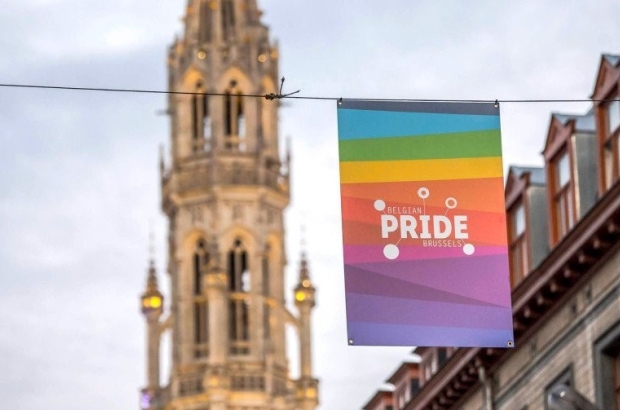- Daily & Weekly newsletters
- Buy & download The Bulletin
- Comment on our articles
Reports of ‘needle spiking’ at Belgian Pride celebration
Two official complaints have been made to Brussels police of alleged ‘needle spiking’ during the Belgian Pride celebrations in the capital on 21 May. The first post-pandemic celebration attracted a crowd estimated at more than 120,000.
The complaints concern two women, Sarah Durant of the Brussels public prosecutor's office confirmed to VRT.
The public prosecutor's office is now conducting two separate investigations, although both cases are being examined together.
“We are waiting for the results of the toxicological investigation, among other things,” Durant said. “At the moment no suspect has been arrested yet – the investigation has just started.”
‘Needle spiking’ refers to when a person pricks another person, usually in a crowded setting, with a syringe. The intent is usually to drug the victim, but in some occasions no trace of drugs can be found and in those cases the intent seems unclear. In a highly-publicised incident in the US last year, a man attacked a woman with a syringe containing his semen.
VRT reports that while police are still awaiting the results of their toxicological investigation, one of the two women attacked with a needle developed symptoms that included fatigue, nausea and vomiting.
The organisers of Belgian Pride announced on Monday that they had received two reports of needle attacks.
“Belgian Pride would like to inform you that there have been reports of needle attacks,” the group said on its Facebook page. “If you have been a victim of this practice, we ask you to go urgently to the nearest hospital.”
It also advised victims to file formal complaints with police, saying “We stand by those affected.”
Belgian Pride spokesperson Xavier Wyns warned that the attacks reflect an increase in needle attacks that is taking place across Europe.
“We emphasise that it is a phenomenon that is emerging in Europe, at parties, in discotheques and now also at football matches. We want to raise public awareness in the best possible way,” Wyns said.



















